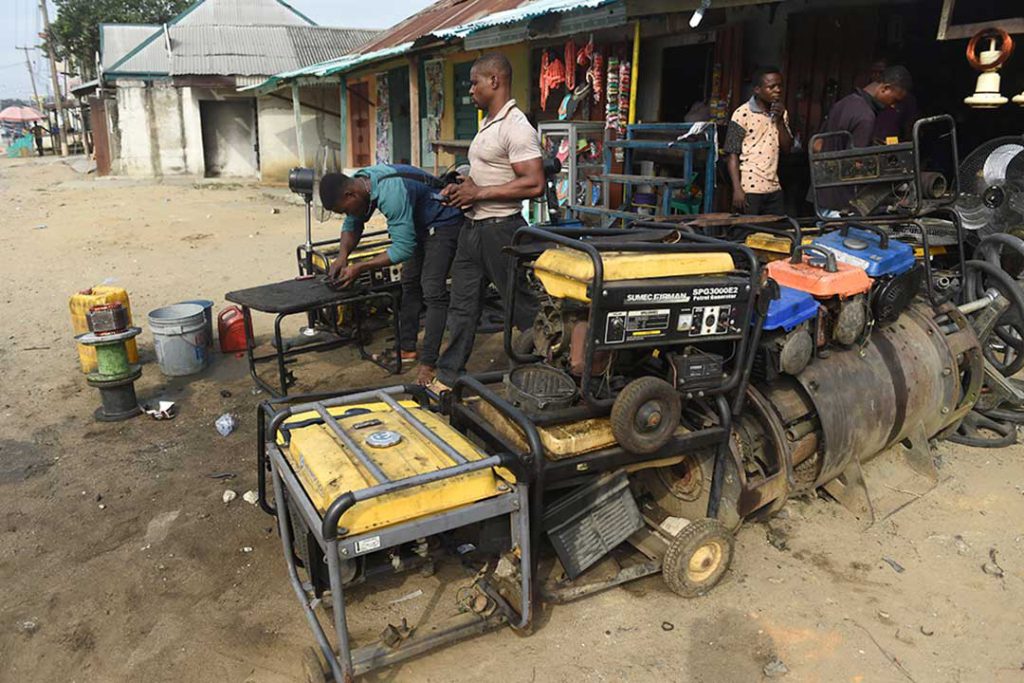Clean Affordable Energy
Replacing Traditional Energy Source
Replacing Traditional Energy Source
Replacing Traditional Energy Source – In recent years, solar energy has been gaining traction as a viable alternative to traditional energy sources in rural communities in Cameroon. This shift towards solar power is driven by various factors, including environmental concerns, economic benefits, and the need for sustainable energy solutions. In this essay, we will explore the reasons behind this transition, the challenges faced, and the potential benefits of solar energy for rural communities in Cameroon.
The Challenges of Traditional Energy Sources
Traditional energy sources, such as diesel generators and grid connections, have long been the backbone of electricity supply in rural areas of Cameroon. However, these sources come with several challenges. Firstly, they are often expensive to maintain, particularly in remote areas where fuel prices are high and transportation costs are a significant burden. Secondly, traditional energy sources contribute to environmental degradation, air pollution, and greenhouse gas emissions, which can have long-term consequences on the health and wellbeing of rural communities.
The Potential of Solar Energy in Cameroon
Solar energy offers a more sustainable and cost-effective alternative to traditional energy sources in rural communities in Cameroon. The country’s geographical location, with abundant sunlight throughout the year, makes it an ideal candidate for solar energy adoption. Additionally, the government of Cameroon has recognized the potential of solar energy and has implemented policies to promote its use, such as subsidies and tax incentives for solar power installations.
Challenges in Implementing Solar Energy
Despite the numerous benefits of solar energy, there are several challenges that need to be overcome for it to become the dominant energy source in rural communities in Cameroon. These challenges include:
- High upfront costs: The initial investment in solar power systems can be prohibitive for many rural households, especially those with limited financial resources.
- Inadequate infrastructure: The lack of reliable electricity grids in many rural areas can hinder the widespread adoption of solar energy.
- Limited access to information and technical expertise: Many rural communities lack the knowledge and expertise needed to properly install and maintain solar power systems.
- Weather-related issues: Cameroon’s climate can be unpredictable, with heavy rains and storms that can damage solar panels and affect their performance.
The Benefits of Solar Energy for Rural Communities in Cameroon
Despite the challenges, solar energy offers significant benefits for rural communities in Cameroon, including:
- Reduced reliance on fossil fuels: Solar energy can help reduce the consumption of diesel generators, which can help mitigate the negative environmental impacts of traditional energy sources.
- Lower energy costs: Over time, solar power systems can significantly reduce energy costs for rural households, freeing up funds for other essential needs.
- Improved access to electricity: Solar energy can provide reliable electricity to remote areas that are not connected to the grid, enabling access to essential services such as education, healthcare, and communication.
- Job creation and economic development: The adoption of solar energy can create employment opportunities in installation, maintenance, and manufacturing sectors, boosting the local economy.
Conclusion
Solar energy has the potential to revolutionize the energy landscape in rural communities in Cameroon, providing a more sustainable, cost-effective, and reliable alternative to traditional energy sources. However, overcoming the challenges associated with solar adoption will require concerted efforts from the government, private sector, and local communities to ensure that solar energy becomes the dominant energy source in these areas. By doing so, Cameroon can take a significant step towards a cleaner, more sustainable future for its rural communities.


